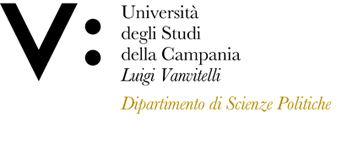Andrea RUSSO
Insegnamento di DIRITTO COMPARATO DELL’ECOTURISMO
Corso di laurea in SCIENZE DEL TURISMO
SSD: IUS/02
CFU: 6,00
ORE PER UNITÀ DIDATTICA: 36,00
Periodo di Erogazione: Secondo Semestre
Italiano
| Lingua di insegnamento | ITALIANO |
| Contenuti | Corso non suddiviso in moduli |
| Testi di riferimento | A. Russo - C. Mariconda, I nuovi paradigmi dell’ecoturismo in ottica comparatistica: dalla compatibilità alla sostenibilità (in stampa) |
| Obiettivi formativi | Conoscenza e capacità di comprensione |
| Prerequisiti | E’ preferibile aver sostenuto l’esame di diritto privato comparato (sistemi giuridici comparati) |
| Metodologie didattiche | Lezione frontali |
| Metodi di valutazione | Esame orale. |
| Altre informazioni | frequenza non obbligatoria |
| Programma del corso | Parte I |
English
| Teaching language | Italian |
| Contents | Course not divided into modules |
| Textbook and course materials | A. Russo - C. Mariconda, The new paradigms of ecotourism from a comparative perspective: from compatibility to sustainability (in press) |
| Course objectives | Knowledge and understanding |
| Prerequisites | It is preferable to have taken the exam of comparative private law (comparative legal systems) |
| Teaching methods | Frontal lessons |
| Evaluation methods | Oral examination. |
| Other information | course frequency not mandatory |
| Course Syllabus | Part I |








